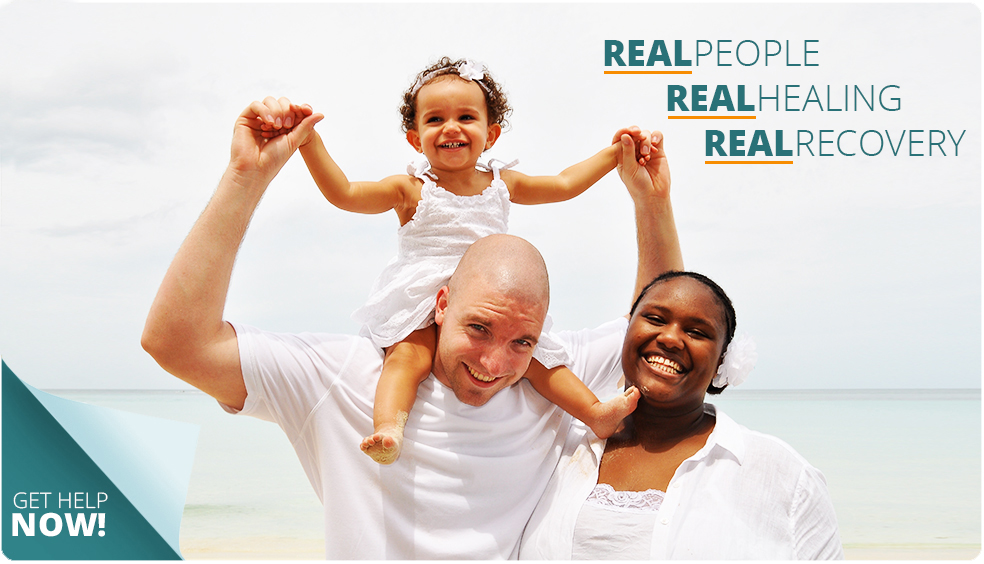How Can I Support Love One In Opiate Addiction Treatment?
When your loved one enters opiate addiction treatment, you probably exhaled a lot of the stress you carried with you when their addiction was active. But, it doesn’t take long for a new set of worries to set in. Will they remain in addiction to opiate treatment? Will they succeed this time? Are they motivated to change? Can you trust them? How can you help? If you are able to play a role, you are likely to feel more in control and this will let you feel a bit more peaceful.
What Do They Need from Me?
You probably aren’t ready to give them your complete trust, especially if they have been in treatment before. You don’t have to do that right away; it’s okay to take your time. Don’t sacrifice the boundaries you have established.
But, that doesn’t mean that you can’t offer support and celebrate achievements with your loved one. Give them a shoulder to cry on. Listen to their feelings.
How Can I Show Support for a Loved One in Inpatient Addiction to Opiate Treatment?
If this is something you are struggling with, try the following.
- Write encouraging letters regularly
- Attend any family session to which you are invited
- Don’t judge
- Make sure to communicate without criticism
- Make sure to make visits at every possible opportunity
How Can I Show Support for a Loved One in Outpatient Opiate Addiction Treatment?
A loved one in outpatient rehab will also need you to refrain from judging and to be supportive when speaking to them, but they may also benefit from the following.
- Help them to find a living situation where people are not also dealing with substance use disorders
- Refrain from substance use in front of them
- Create sober opportunities to connect
- Provide transportation for treatment appointments
Is Luxury Addiction to Opiate Treatment the Best Possible Opiate Addiction Treatment?
Costs for opiate addiction treatment can be quite high and it’s not out of line to want the best return on your money. If you are prepared to spend it, you likely want the best possible care for your dollar. Probably this has led you to seek out the best possible addiction to opiate treatment.
We have all heard the saying “you get what you pay for,” and this may have caused you to think that the more you spend, the better care you will receive. One of the pricier rehab options is luxury opiate addiction treatment. It certainly comes with a lot of perks, but does it provide the best treatment?
What Is Luxury Addiction to Opiate Treatment?
Luxury treatment is a high-end form of inpatient rehab, meaning you live at the facility for the duration of the program. However, unlike traditional inpatient care, which is often like living in a dormitory, luxury treatment provides patients with a resort experience.
The opiate addiction treatment center will be set in a beautiful natural environment, which often leads to recreational activities among the surrounding natural wonders. For example, a patient may go scuba diving or on a nature walk through a rainforest.
The rooms are like four-star hotel rooms. They are private and often come complete with maid and laundry service. Further, the decor and the linens will be high quality and aesthetically pleasing.
What Else Makes It Luxury?
The environment is a big component, but so are the amenities, like:
- Yoga therapy
- Art therapy
- Equine therapy
- Meditation practice
- Nutritional counseling
- Fine dining meals created by a chef
- Acupuncture
- Acupressure
Is the Care Superior?
It can be. In general, you will receive the same care components and quality of treatment at a luxury and at a traditional one. However, if you have become accustomed to a certain lifestyle, you may not last in traditional opiate addiction treatment. Treatment success depends on retention and participation, which you may not be able to commit to without a luxury setting. If this is the case, luxury rehab may be worth the cost for you. Get the right help, check our main website to learn more.
Will Opiate Addiction Treatment Be Successful If a Person Is Legally Mandated to Attend Addiction to Opiate Treatment?
Often people choose to attend opiate addiction treatment because they acknowledge that they have a problem and acknowledge they can no longer control their use of the drugs. They need help and they seek it out. Other people find themselves legally compelled to attend treatment to opiate addiction. They may know that they have a problem and that they need help, but they have not yet sought it out yet.
Are Criminal Justice Referrals for Opiate Addiction Treatment Common?
According to an article in Federal Probation: A Journal of Correctional Philosophy and Practice, the treatment population of publicly funded treatment in the United States is constituted substantially be criminal justice referrals. The authors reference data that indicates the legal system is in charge of 40-50 percent of recommendations to community based treatment centers.
Why Do People Argue That Addiction to Opiate Treatment May Not Be Successful If It Is Involuntary?
There are multiple oppositions offered up by critics of legally mandated rehab. There are experts who find coerced treatment is philosophically or constitutionally problematic.
Others find it clinically fraught. For these people, treatment can only work when patients are internally motivated to change. For example, the idea of hitting rock bottom is an example of a person gaining motivation before seeking help.
Most people sent to criminal justice required care have not found themselves in this position yet. These people feel funding programs for unmotivated people is a waste of money. And, as treatment places are often limited, placing unmotivated people in these slots ahead of people who are motivated is inappropriate.
Are These People Right?
According to the National Institute on Drug Abuse, these people have it wrong. In fact, they attribute increases in addiction to opiate treatment entry, rates of retention, and the ultimate success of the interventions to sanctions or enticements. Criminal justice referrals are just as likely as internally motivation to lead to positive recovery outcomes.


